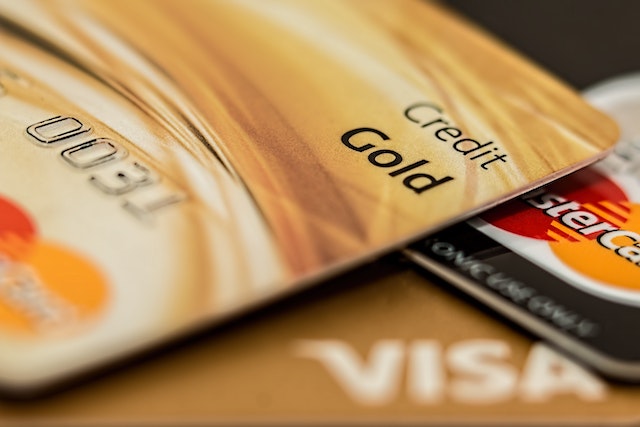
One of the main concerns those considering filing for bankruptcy will worry about is what happens to their credit score after. While it’s no secret that bankruptcy can impact your score, many people are unsure what this actually means. Additionally, you may wonder whether or not you will qualify for a new credit card following your filing. If you’re considering bankruptcy, understanding the impact it can have is essential. The following blog explores what you should know and why connecting with a Memphis, TN consumer bankruptcy lawyer is critical to guiding you through these matters.
How Does Bankruptcy Impact Credit?
When you file for bankruptcy, your credit will automatically be impacted. Essentially, this means it will lower your credit score, indicating to financial institutions and lenders that you may not be reliable. This can make it harder for you to secure loans, as bankruptcy and low credit scores indicate you are a risk to loan to.
Filing for bankruptcy will also stay on your credit for a considerable amount of time. If you file Chapter 7 bankruptcy, it will remain on your score for ten years, while Chapter 13 will last for seven. Until this time has passed and the reporting agencies remove this information from your report, potential creditors will see this information, which can impact whether or not they lend to you.
Unfortunately, the higher your credit is, the bigger the hit your score will take. If you have an above-average score, over 780, you can lose between 200 and 240 points. If your score is lower, in the 680 range, you’ll lose between 130 and 150 points. Surprisingly, if your score is very low before filing, in the 300 to 400 range, you may experience an increase of up to 50 points by filing.
Is Getting a Credit Card With Damaged Credit Possible?
Though it may not seem possible, it’s recommended to open a new line of credit after you file for bankruptcy. Doing so will help rebuild your credit to soften the impacts of bankruptcy. Generally, you’ll need to look for credit card companies that lend to those with damaged credit. However, it’s essential to understand that you will likely incur higher interest rates as a risky applicant.
You should also understand that utilizing prequalification can help protect your credit further as you apply for cards. Every time you submit a card application, the company will look at your credit score, which can reduce your score by a few points. However, using the prequalification tools will help you get an idea of whether or not your application will be approved to reduce how often you must endure a hard inquiry.
As you can see, there are many considerations you must make during this process. As such, it’s in your best interest to connect with an experienced attorney to guide you through the legal complexities of filing for bankruptcy. At the Arnold Law Firm, we know this process can be overwhelming, which is why we’re with you every step of the way. Contact us today to learn how we can help you through these matters.




